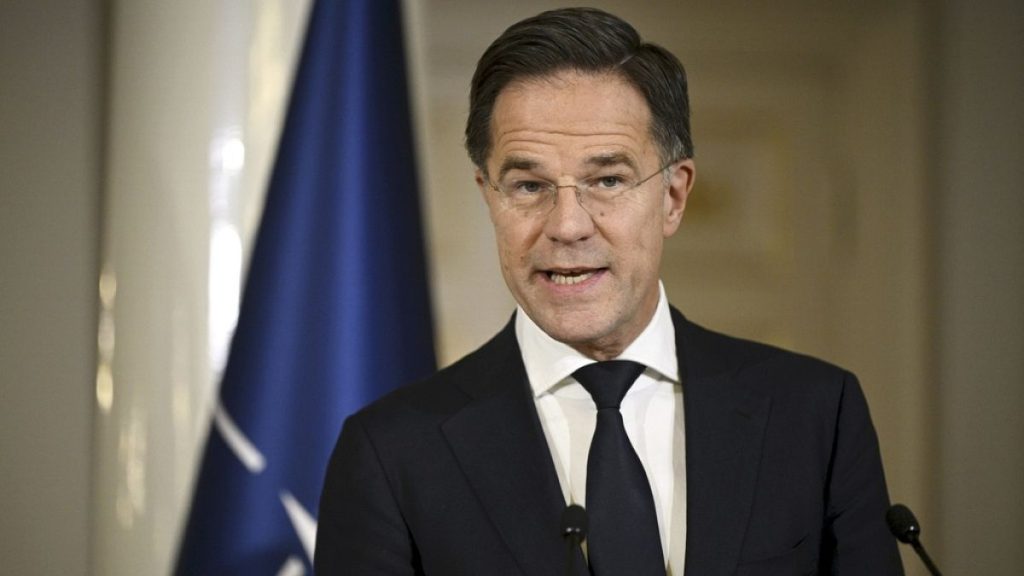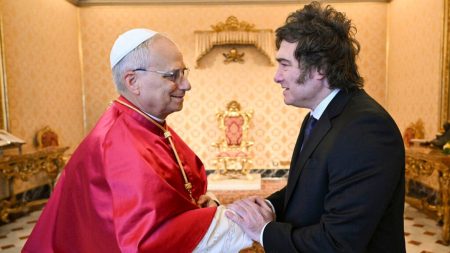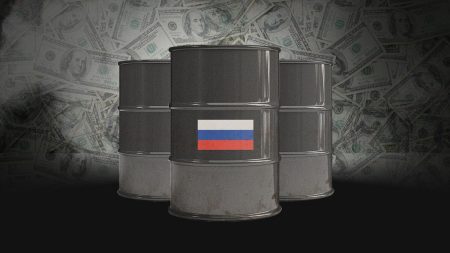NATO Secretary General Jens Stoltenberg, not Mark Rutte (who is the Prime Minister of the Netherlands), delivered a stark warning about the alliance’s preparedness in the face of evolving security challenges, particularly those emanating from Russia. He urged a fundamental shift in mindset, advocating for a “wartime mentality” within NATO to address the escalating threat landscape. This call to action underscores a growing concern within the alliance that its current posture is insufficient to deter potential aggression and safeguard member states’ security. Stoltenberg’s assessment paints a bleak picture of the strategic environment, characterizing it as the most perilous of his lifetime and emphasizing the need for immediate and substantial changes to NATO’s defense capabilities and spending.
The core of Stoltenberg’s argument revolves around Russia’s apparent long-term strategic goals, which he believes include a protracted confrontation with both Ukraine and NATO. This assessment suggests that Moscow is not simply engaged in a short-term conflict in Ukraine, but is pursuing a broader, more sustained strategy to challenge the existing security architecture in Europe. This perceived shift necessitates a corresponding change in NATO’s posture, moving away from a peacetime footing towards a more proactive and prepared stance. The Secretary General warned that the alliance is currently ill-equipped to handle the threats likely to emerge in the coming years, highlighting the urgency of bolstering defense investments and capabilities.
Stoltenberg’s emphasis on increased defense spending echoes long-standing debates within NATO about burden-sharing and the commitment of member states to invest adequately in their own security. While he did not explicitly endorse the 5% GDP target previously suggested by Donald Trump, the call for a “turbocharged” increase in defense budgets reflects a growing recognition that current spending levels are insufficient to meet the evolving security challenges. This call for increased investment is not merely about increasing the quantity of defense resources, but also about improving the quality and technological sophistication of NATO’s capabilities to counter emerging threats like cyber warfare and hybrid warfare.
Beyond the immediate threat posed by Russia’s actions in Ukraine, Stoltenberg highlighted a broader and more complex security landscape characterized by diverse threats emanating from multiple actors. He specifically identified Russia, China, North Korea, and Iran as states engaged in activities aimed at destabilizing the international order and undermining democratic institutions. These activities, he argued, extend beyond traditional military domains and encompass a range of tactics including cyberattacks, assassinations, sabotage, and disinformation campaigns. This multifaceted threat environment necessitates a comprehensive approach to security, requiring NATO to adapt its strategies and capabilities to address these diverse challenges.
The Secretary General’s remarks also touched on the importance of supporting Ukraine in its ongoing conflict with Russia. He emphasized the need to not only end the war, but also to establish a durable peace that prevents future aggression. This suggests a recognition that simply achieving a ceasefire is insufficient and that sustained support for Ukraine’s defense capabilities and its integration into the Euro-Atlantic security architecture may be necessary to deter future Russian aggression. This commitment to Ukraine’s security reflects a broader concern about maintaining the integrity of the rules-based international order and deterring similar acts of aggression against other sovereign states.
Stoltenberg’s call for a “wartime mindset” represents a significant escalation in rhetoric and underscores the gravity of the security situation as perceived by NATO leadership. His warning about the alliance’s current state of unpreparedness serves as a wake-up call for member states to take concrete steps to bolster their defense capabilities and improve their collective response to evolving threats. The Secretary General’s emphasis on the need for increased defense spending, the development of new capabilities, and a more proactive posture reflects a growing recognition that the security environment has fundamentally changed and that NATO must adapt accordingly to maintain its credibility and effectiveness as a collective defense organization. His highlighting of Russia’s long-term strategic goals and the broader threat posed by other actors like China, North Korea, and Iran underscores the complex and multifaceted nature of the security challenges facing the alliance in the 21st century.










